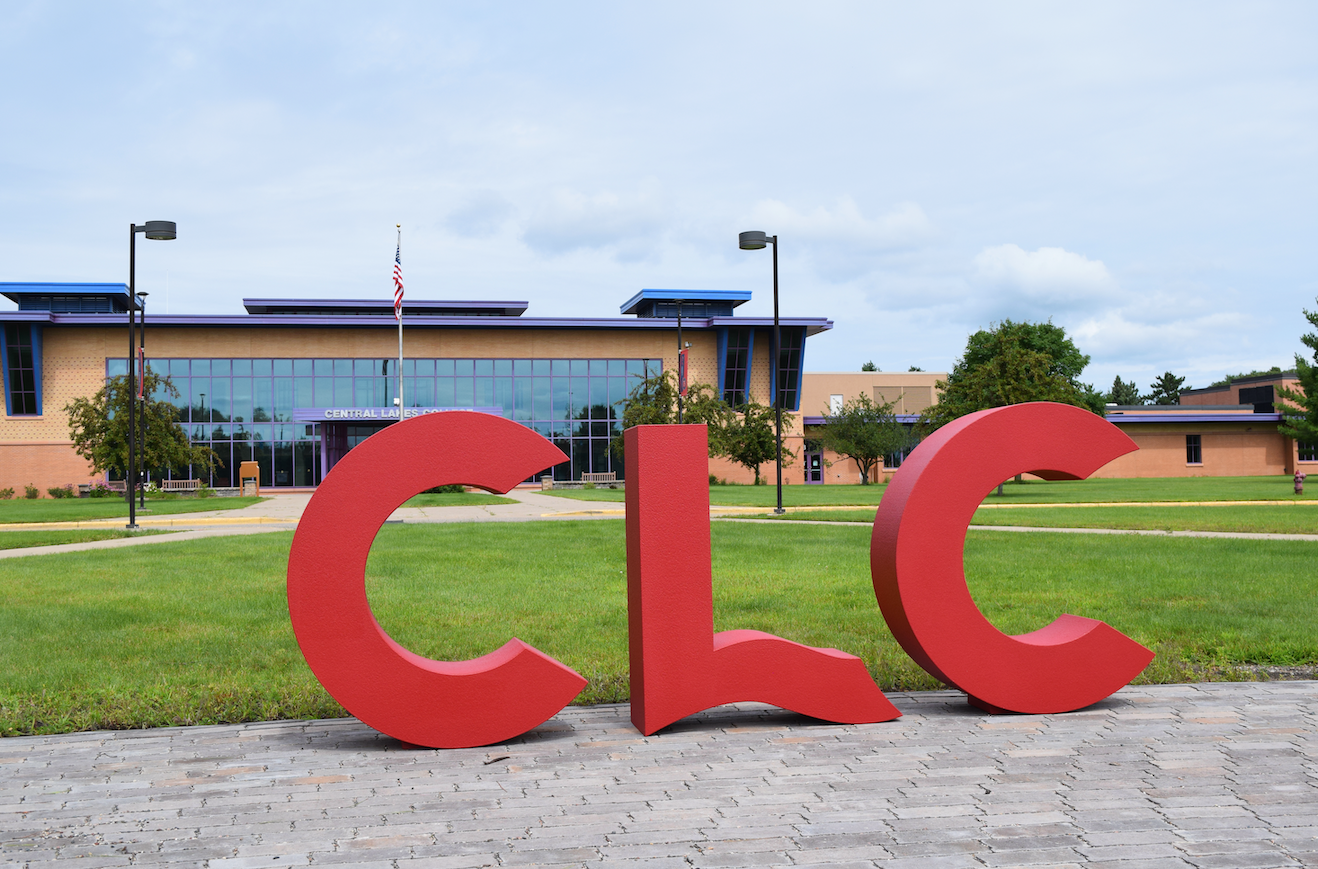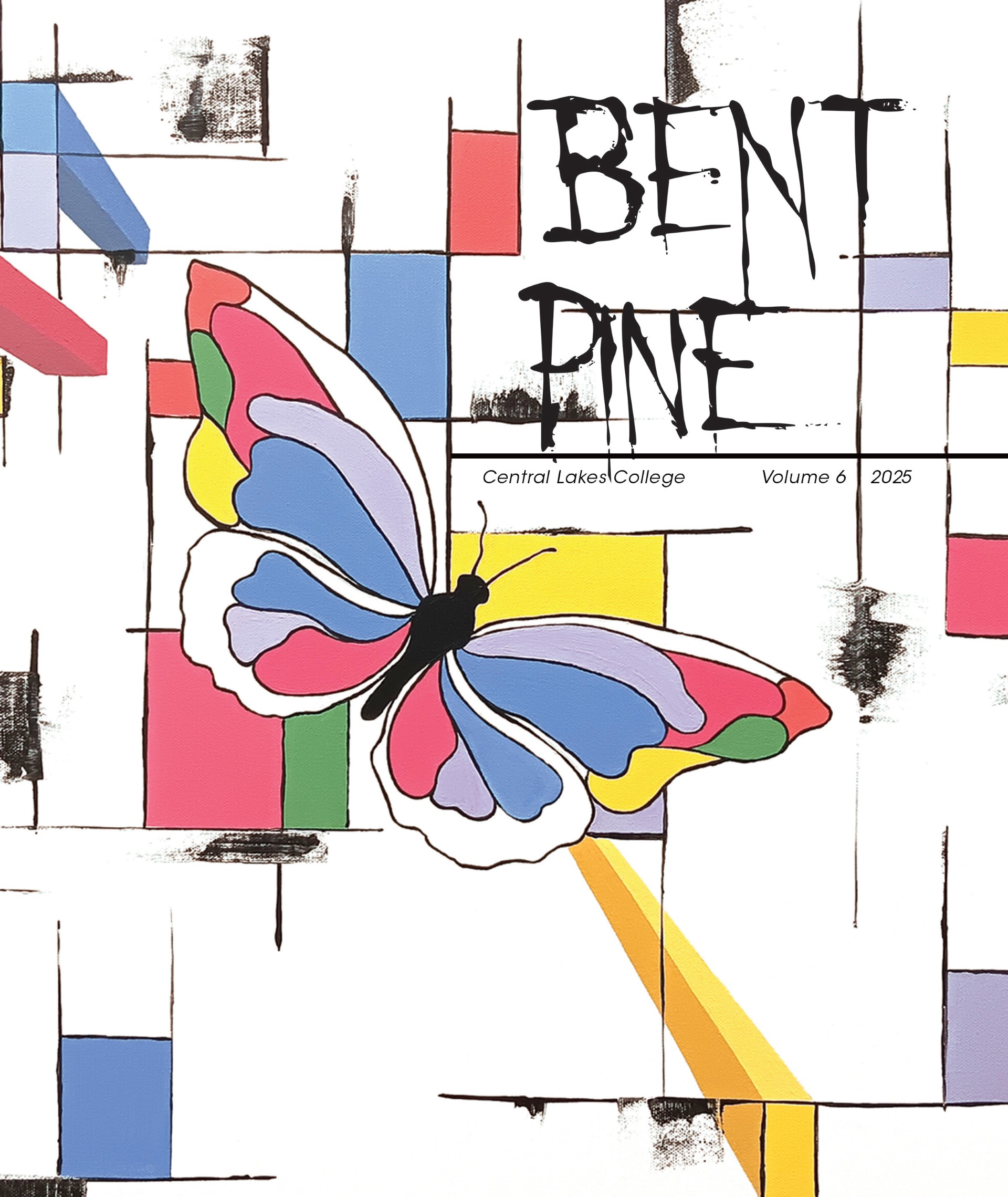The University of Minnesota Extension Regional Sustainable Development Partnerships (RSDP) along with the Center for Sustainable Building Research (CSBR) at the University of Minnesota College of Design will partner with Central Lakes College to test a prototype Deep Winter Greenhouse (DWG) that is designed to help farmers grow fresh produce throughout the winter months.
DWGs are passive solar, low-cost, low-carbon winter food production systems. Producers using DWG technology are able to grow winter-hardy crops such as lettuces, cole crops (e.g., cabbages, broccoli, Asian greens), and various sprouts with little or no added heat. The structure is built with a south-facing, angled glazing wall that captures heat from the sun. Heat is stored in an underground rock bed and dissipates into the above-ground planting area at night. The University’s prototype builds on earlier designs to increase insulation capacity and reduce electric use in the greenhouse.
“The Deep Winter Greenhouse project is an important step in determining best practices for extending the growing season during the winter months in Minnesota while also reducing heating costs,” said Jeff Dirks, CLC Horticulture instructor. “This will in turn help improve the security and sustainability of our local food supply by allowing more food production during the harshest time of the year. The Horticulture Department at Central Lakes College will provide our knowledge of growing food crops in greenhouses while the University of Minnesota provides their expertise of sustainable building design.”
According to RSDP Associate Director for Local Foods and Sustainable Agriculture Greg Schweser, “Existing common season extension techniques such as high tunnels and row covers extend the season, but are unable to provide capacity to produce product in the winter. Passive solar Deep Winter Greenhouses optimize production in the winter months, giving farmers the ability to produce from October through March and bridge from the beginning to the end of the traditional production season.”
Central Lakes College is one of five partners working with RSDP statewide to build the prototype DWG. In exchange for support for building the DWG, partners agreed to provide access to their DWG for University research projects, public workshops, and demonstrations for a period of three years. RSDP received more than 40 applications in response to the statewide DWG campaign, and an advisory committee selected one partner from each of RSDP’s five regions in Greater Minnesota.
Other partners include the Bemidji Community Food Shelf, Organic Consumers Association in Finland, Alternative Roots Farm in Madelia, and Lake City Catholic Worker Farm. The campaign is made possible by support from the University’s Institute on the Environment and a consortium of farm lending banks, including AgCountry Farm Credit Services, AgriBank, AgStar Financial Services, and United FCS.
RSDP and Central Lakes College will host periodic public workshops and open houses to allow the public access to view this technology in person over the coming years.
 CLC News The news and events from Central Lakes College
CLC News The news and events from Central Lakes College


